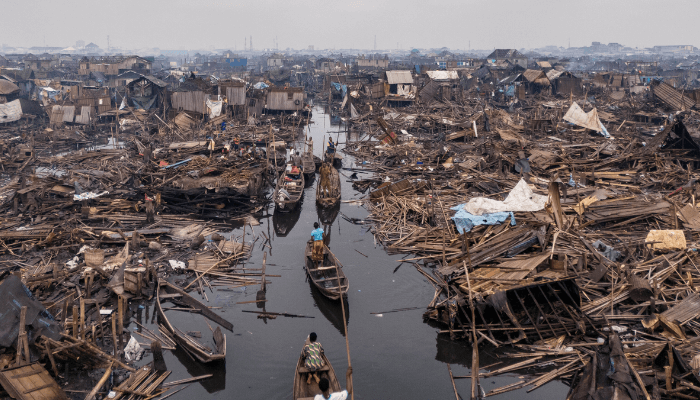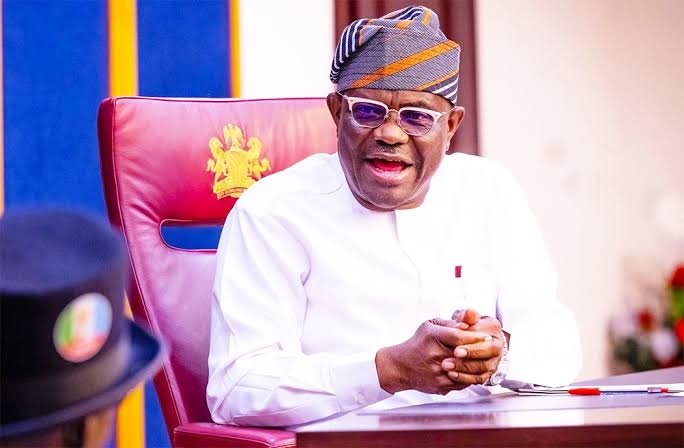tanzania’s first female president faces little opposition amid rights concerns
Tanzania’s President Samia Suluhu Hassan appears poised to secure a first full term in office as the East African nation heads to the polls on Wednesday, in an election many observers describe as more of a coronation than a contest.
With leading opposition figures disqualified and political activity heavily restricted, analysts say the vote is expected to hand a comfortable victory to the 65-year-old leader Tanzania’s first female president amid growing concerns over human rights and democratic freedoms.
Samia, who assumed office in 2021 following the death of her predecessor, John Magufuli, initially won praise for her softer approach to governance and promises of reform. Her “four Rs” policy reconciliation, resilience, reform, and rebuilding helped restore relations with foreign investors and international bodies such as the International Monetary Fund (IMF) and the World Bank, which had been strained under Magufuli’s rule.
Political analyst Mohammed Issa told the BBC that Samia’s early years were marked by renewed optimism: “She made a difference the lost relationship between Tanzania and international organisations was restored.”
However, that optimism has since faded. In the past two years, the political space has narrowed significantly, with critics, activists, and opposition leaders alleging an increasingly repressive atmosphere.
Reports of abductions, disappearances, and targeted killings of government critics have become more frequent, drawing condemnation from human rights groups.
“Samia came in with a conciliatory tone, but now she has become bold and makes tough decisions that many did not expect from her,” Issa noted. “She is now widely blamed for some things like abductions, killings, repression of opposition, and other issues on security.”
Independent monitors have echoed these concerns. Freedom House, a US-based democracy watchdog, downgraded Tanzania’s status from “partly free” in 2020 to “not free” last year, citing increased restrictions on political and civil liberties.
Despite the mounting criticism, Samia maintains a strong base of support within her ruling Chama Cha Mapinduzi (CCM) party, which has dominated Tanzanian politics since independence.
Her government has denied accusations of repression, insisting that it remains committed to stability and development.
Observers, however, warn that Tanzania’s democratic institutions are under strain. “The exclusion of major opposition figures and the atmosphere of fear surrounding political discourse make this election far from competitive,” a regional analyst said.
As Tanzanians cast their votes, the outcome appears all but certain yet the long-term implications for the nation’s democracy may prove far more uncertain.







